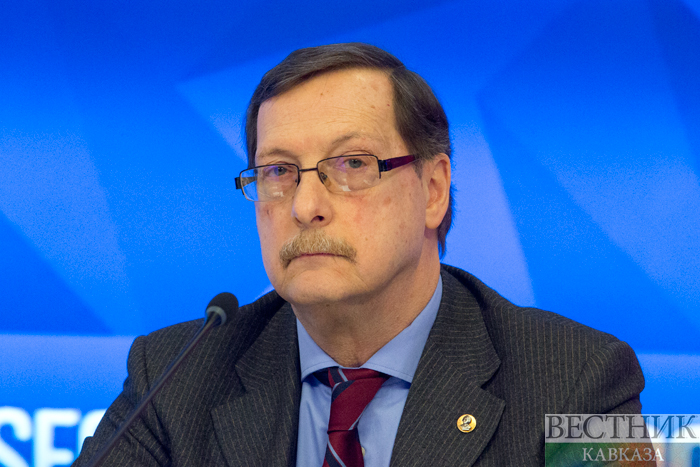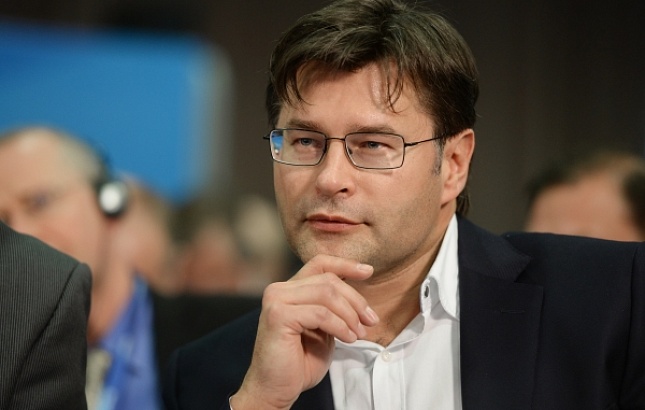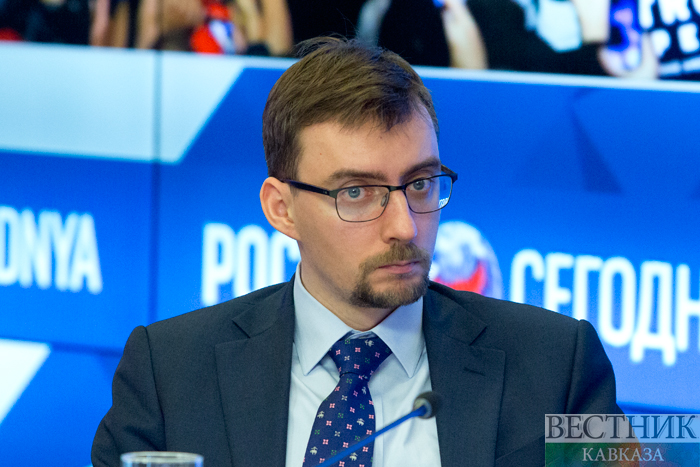Russian experts interviewed by Vestnik Kavkaza disagreed on what would be the most likely Washington's policy under President Donald Trump on the South Caucasus: on the one hand, the billionaire's isolationist program involves a reduced US interest in foreign countries, including of the post-Soviet space, on the other hand, we should not expect a radical change in the US foreign policy.
The director of the IMEMO Center for International Security, a member of the Russian International Affairs Council (RIAC), Alexei Arbatov, believes that the US activity in the Caucasus will be reduced. "If under Bush the Republicans were very interested in the South Caucasus, first of all, in Georgia during the times of , the current leadership, I think, knows very little about the South Caucasus and is totally indifferent to the events taking place there," he said.

In this regard, according to Alexei Arbatov, the US will distance itself from any activity, particularly peacekeeping, in the South Caucasus. "There is a partial analogy with Crimea and Ukraine, about which Trump's administration does not care much. But while the Crimean-Ukrainian issue is still of fundamental importance as the first test of strength of the new government - whether they will be able to reach a compromise or not - the South Caucasus has been put on the shelf for a long time. Even if a new war is started, it will be a headache of Europe, not Trump," the director of the IMEMO Center for International Security stressed.
The director of the Center for Political Information, Alexei Mukhin, on the contrary, is confident that the US foreign policy would be more rigid and purposeful under Trump. "It is clear that the US will play a more active role in the South Caucasus, as well as in Central Asia, even thought they have been practically not engaged in these regions seriously in recent years. Traditionally, the Anglo-Saxon world uses the South Caucasus in order to try to influence Russia, and the US will continue this course in the near future," he predicts.

"In this regard, we, of course, expect the escalation of conflicts, strengthening of activities of illegal groups and activities of Western NGOs in the South Caucasus. Creating threats and new challenges for Russia in this region, the West will try to soften the position of the Russian leadership on other issues," Alexei Mukhin drew attention.
The Programme Director of the Russian International Affairs Council, Ivan Timofeev, pointed to the need of the US to coordinate its activities in the South Caucasus with Russia. "There are a few essential points for the South Caucasus from Donald Trump's coming to power. First, Trump may accelerate Georgia's movement towards NATO - on the other hand, just as he may not give too much emphasis to it," he said.

"In regard to the Nagorno-Karabakh conflict, there is an issue of coordination of our work. If at the early stages Russia and the United States acted as mediators together, then our cooperation on Karabakh got complicated a little. Also, the Russian-US coordination is urgently needed for the problem of combating infiltration of radical groups in the South Caucasus," Ivan Timofeev concluded.






